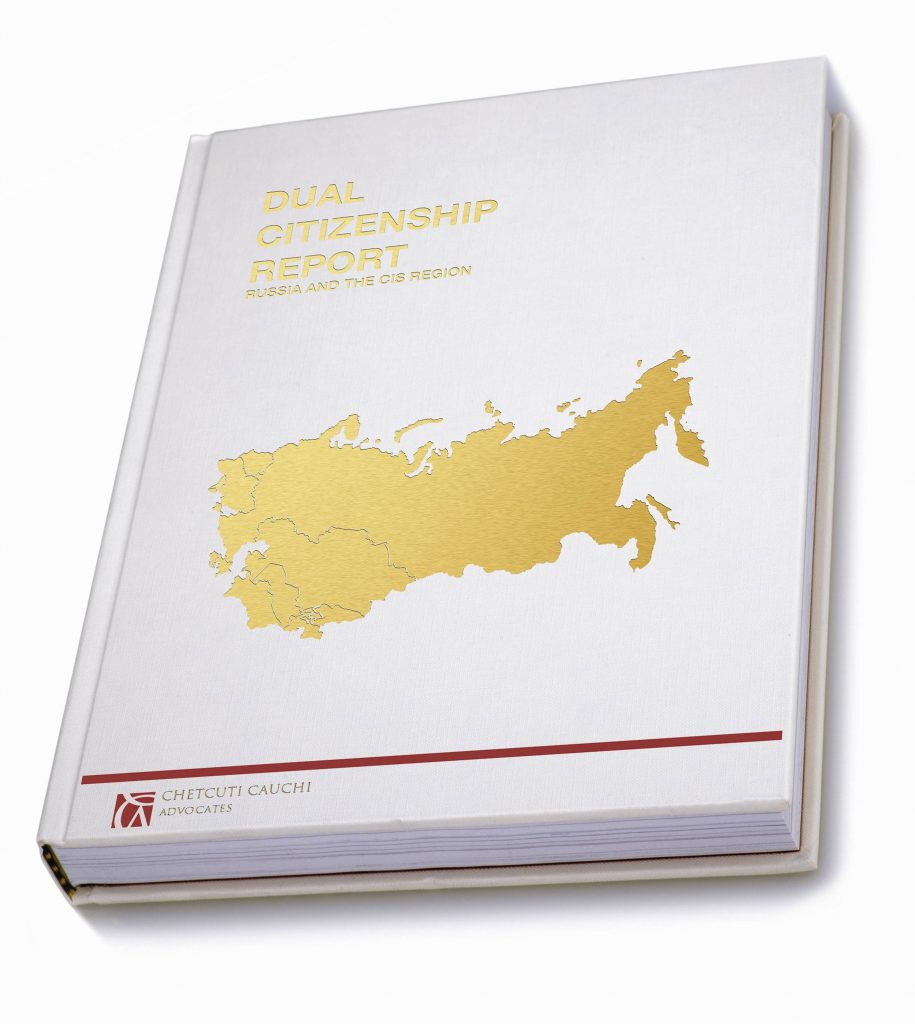
Launch of the new Dual Citizenship Report covering Russia and the CIS Region
Following the success of the first Dual Citizenship Report dedicated to the European Region, CCLEX are now pleased to announce the second report on Dual Citizenship covering Russia and the CIS region. This new report highlights migration trends and presents a comparative analysis of the regulation of dual citizenship in various countries of the CIS Region.
The first Dual Citizenship Report has been well-received and praised by clients and collaborators alike. Dr Jean-Philippe Chetcuti, Global Manging Partner of the firm commented that “this second report aims to build on the success of the first issue and reflect the breadth of knowledge on residency and citizenship law administered at CCLEX. This report offers a clear understanding of the laws and regulations of the countries, and acts as an initial reference for individuals looking into attaining dual citizenship.”

 The report also highlights which countries completely prohibit dual citizenship under any circumstance. The legislation in these countries only allows an individual to be a citizen of that particular country and those who wish to attain a second citizenship must first renounce their original citizenship.
Going forward, the research team at CCLEX in collaboration with our international partners, will continue to expand this research to cover more regions of the world. We are constantly carrying out and publishing research related to our main line of services with a view to assist businesses and private clients seeking professional guidance on matters relating to residency and citizenship law.
The report also highlights which countries completely prohibit dual citizenship under any circumstance. The legislation in these countries only allows an individual to be a citizen of that particular country and those who wish to attain a second citizenship must first renounce their original citizenship.
Going forward, the research team at CCLEX in collaboration with our international partners, will continue to expand this research to cover more regions of the world. We are constantly carrying out and publishing research related to our main line of services with a view to assist businesses and private clients seeking professional guidance on matters relating to residency and citizenship law.
